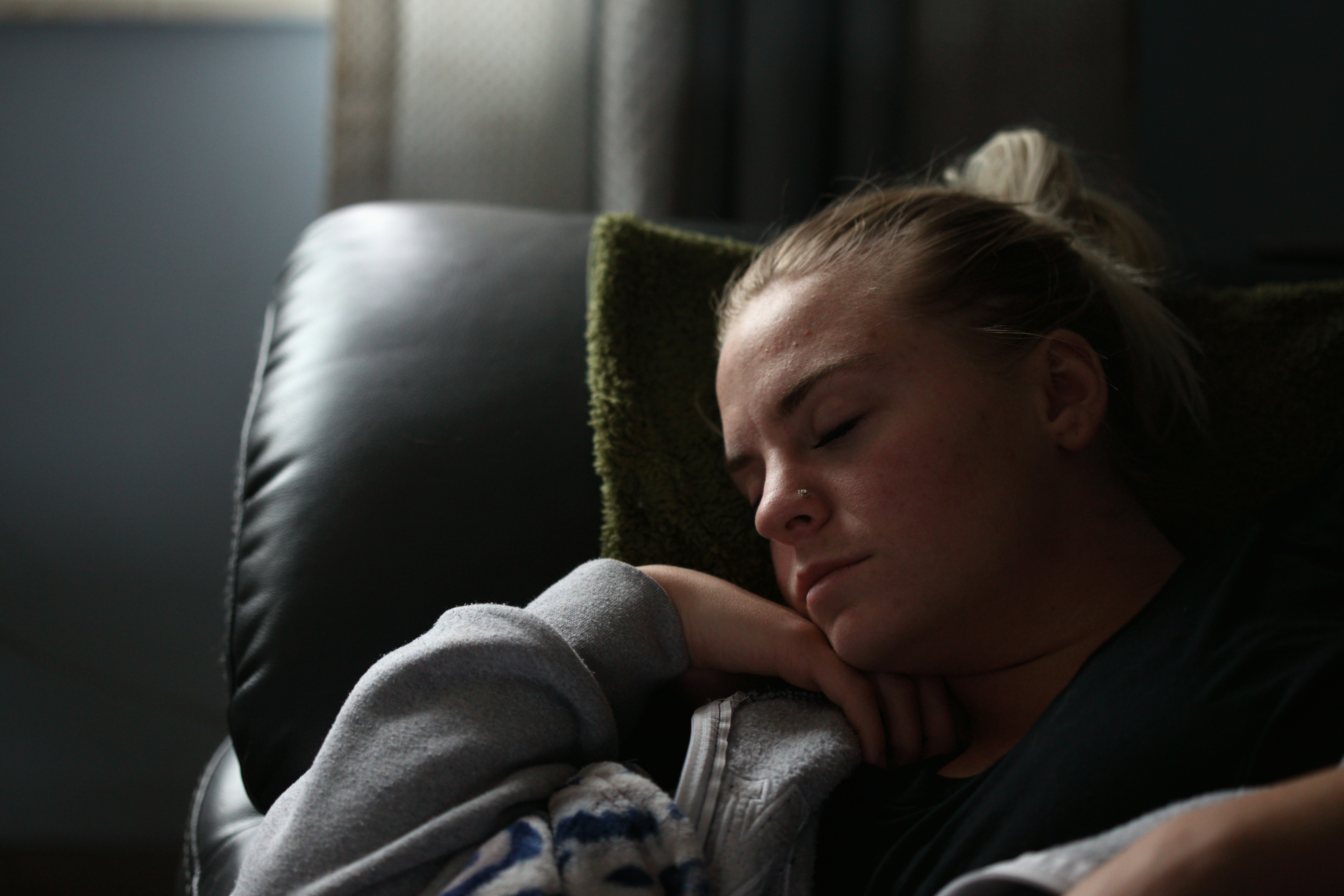News release
From:
Lingering SARS-CoV-2 infection may be driving long COVID
Emerging evidence suggests SARS-CoV-2, the virus responsible for causing COVID-19, can remain in the body for months, potentially fueling long COVID symptoms.
In a commentary published by The Medical Journal of Australia this week, Burnet researchers explained long COVID may be caused by “long infection”, where lingering traces of the virus continue to pose health issues.
Burnet senior research fellow and paediatrician, Dr Michelle Scoullar, said studies have found traces of the virus in many tissues, blood and the gut well after an initial infection.
“Long-term inflammation, blood clots, cognitive difficulties and problems with the way the nervous system is functioning are all common parts of long COVID, but the big question is whether SARS-CoV-2 is what’s causing these problems,” she said.
“What still needs to be figured out is does this happen in everyone with long COVID, what determines if the virus lingers or not, and whether it continues to be active.
“We know vaccines can reduce the risk of long COVID, but if the virus continues to be active, antiviral treatments could be a potential treatment for long COVID and might even offer a cure.”
Long COVID affects many around the world and has been linked to serious health, social and economic issues.
Recent studies have linked long COVID to a drop in IQ, likely caused by sustained inflammation that disrupts brain function, as well as immune dysfunction and muscle damage.
As our understanding of long COVID grows, so does the potential for solutions.
“Recognising ‘long infection’ can help demystify the experiences of those living with long COVID to improve diagnosis, treatment, and prevention strategies,” Dr Scoullar said.
Strengthening prevention measures, such as improving indoor air quality, is essential to reducing the transmission of COVID-19 and lowering the risk of long COVID.
“Expanding vaccine access, particularly for younger people and those with mild infections, could have a significant impact,” Dr Scoullar said.
“By prioritising prevention, advancing treatments, and improving access to vaccines, we can take significant steps toward addressing the global challenge of long COVID.”
Read: Towards a cure for long COVID: the strengthening case for persistently replicating SARS‐CoV‐2 as a driver of post‐acute sequelae of COVID‐19on the Medical Journal of Australia



 Australia; VIC
Australia; VIC



